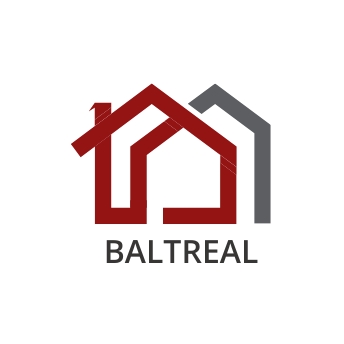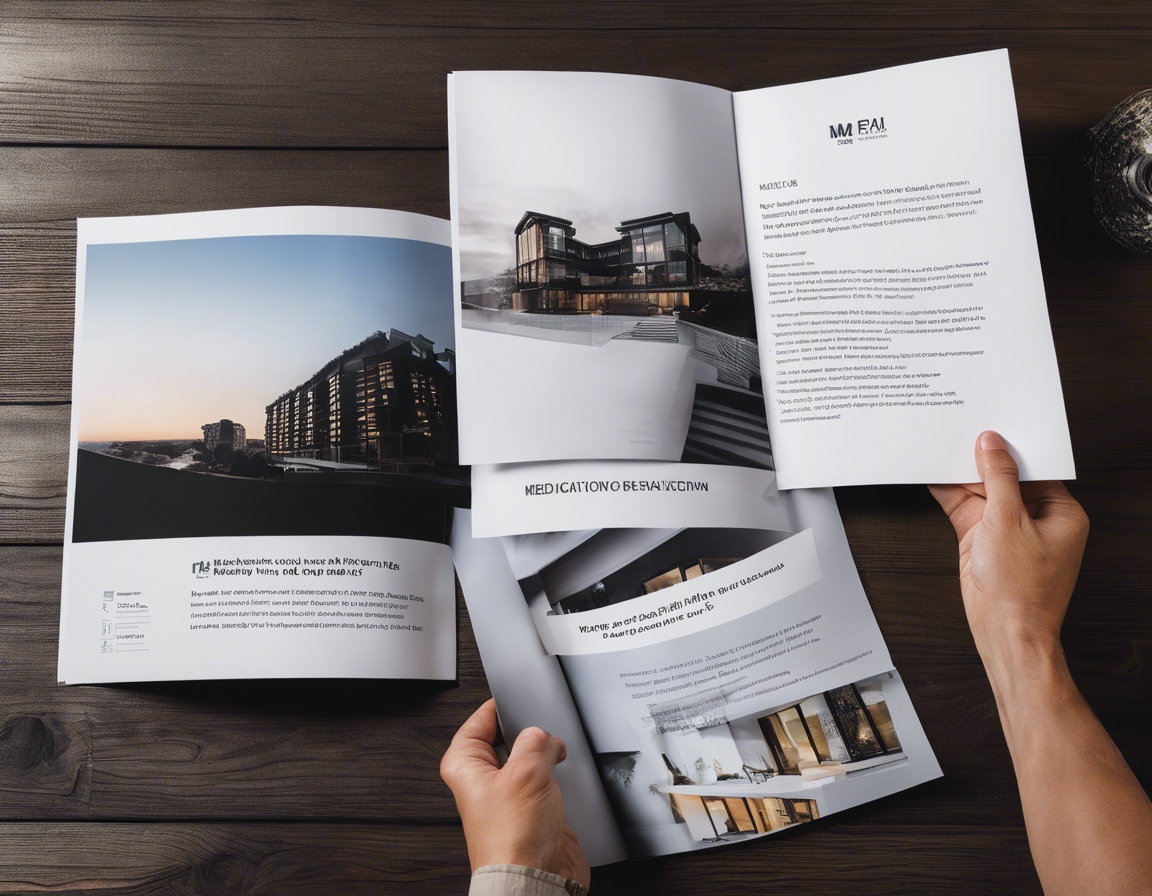The homebuyer's checklist: what to look for in a new property
Embarking on the journey of buying a new property can be both exhilarating and daunting. Whether you're a first-time homebuyer or a seasoned investor, having a comprehensive checklist is crucial to making an informed decision. This guide will walk you through the essential factors to consider when searching for your next property investment.
Understanding Your Needs and Budget
Before diving into property listings, it's important to reflect on what you want in a home. Are you looking for a place to grow your family, a potential rental property, or a long-term investment? Your goals will significantly influence the type of property you seek.
Knowing your financial limits is key. Factor in your income, savings, and any debts to determine a realistic budget for your new home. Don't forget to include additional costs such as closing fees, property taxes, and maintenance expenses.
Location and Neighborhood
Location is paramount in real estate. Consider the distance to your workplace, quality of local schools, and access to public transportation. These elements can affect your daily life and the property's resale value.
Examine the neighborhood's amenities, such as parks, shopping centers, and recreational facilities. A community that aligns with your lifestyle can enhance your living experience.
Research local crime statistics and safety measures. A safe environment not only ensures peace of mind but can also have a positive impact on property values.
Property Condition and Age
Inspect the property's foundation, roof, and overall structure for signs of damage or wear. These can be costly to repair and may influence your decision.
Older properties may have character, but they can also come with the need for renovations. Assess whether you're willing and able to invest in updates or if you prefer a turnkey home.
Layout and Size
Consider your current and future space needs. The number of bedrooms and bathrooms should accommodate your family size and any guests or home office requirements.
Think about the functionality of the living spaces and the availability of storage options. Open floor plans and ample storage can greatly enhance your quality of life.
Legal and Documentation
Ensure the property has a clear title and that there are no legal disputes over ownership. This will prevent complications during the buying process.
Be aware of any zoning laws or restrictions that could affect your use of the property or future renovations.
Inspection and Appraisal
Always hire a professional to conduct a thorough home inspection. This can reveal hidden issues that may not be immediately apparent.
An appraisal will give you an idea of the property's market value, ensuring you pay a fair price.
Financing and Negotiation
Explore different mortgage options and interest rates to find the best financial solution for your purchase.
Armed with all the information, you're ready to negotiate. Remember, the asking price is just the starting point.






Comments (0)